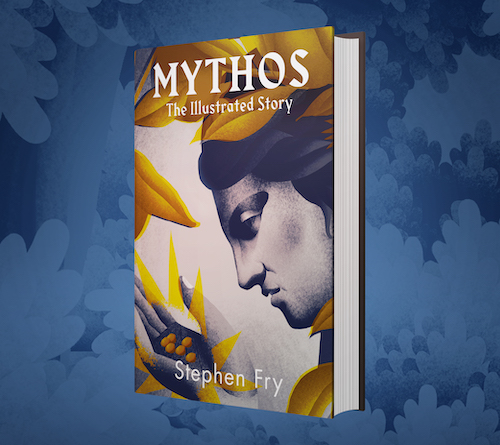Column published on Saturday December 1st 2007 in The Guardian “Is this the greatest living Englishman” – The Guardian headline
Despite being the frontrunner, Tim Berners-Lee is admirably modest.
Who is the greatest living Englishman? It would be hard to argue against the merits of Tim Berners-Lee, the sole begetter and inventor of the world wide web, an organism whose initials, www, have (in some languages, including our own) three times more syllables than the phrase they’re abbreviating, which is perhaps the only flaw in Berners-Lee’s grand design.
The story of how he devised the hypertext transfer protocol (http) and the entire language and structure of the web on a Steve Jobs NeXt computer at Cern in Switzerland in 1990 has passed into legend, though I would certainly recommend reading his own excellent and highly readable account, Weaving The Web. Sir Tim remains an idealist, passionately committed to an open, free and wholly public web as he guides the W3 Consortium towards an unknown future from his base at MIT in Cambridge, Massachusetts.
Incidentally, that flaw… the unwieldy name and initials, www, came about as a result of the inventor’s extraordinary and entirely endearing modesty. Originally he had come up with the name The Information Mine, but he found the initials, TIM, embarrassing. No less egocentric (especially in French-speaking Switzerland, where he was working) was another thought, the Mine Of Information, so he settled on good old www.
I had the privilege of meeting the great man recently and he showed me the browser equivalent he is working on at MIT for the new Semantic Web (another time, another article perhaps) – an application called The Tabulator. He had failed to notice that his full initials feature prominently in TaBuLator and it was perhaps wrong of me to point it out, but the squirms of self-deprecation were marvellous to watch. This is a man who could have taken a hundredth of a cent for every commercial transaction for just five years and been rich beyond computation, he could have linked himself with corporations, put his name about in public, branded himself and offered his opinions on everything and everyone. Instead, he chooses quietly to work on ways to ensure a future web of even greater openness and neutrality in scientific, intellectual and political exchange. He is what my grandfather would have called a real mensch.
I remember trying to persuade the then deputy director general of the BBC, John Birt, that the BBC should get hold of the domain bbc.com for web and email purposes. He had no idea, and I don’t blame him, what I was talking about. This was about 1993 and only sad acts like me had heard of the internet. About six months later, however, it was too late and bbc.com had been snapped up by a cable-winding company somewhere and so the ill-fated beeb.com and the good old bbc.co.uk were acquired. Actually, bbc.com now redirects one’s browser to the mother page (how much did the corporation have to pay for that, one wonders?) which brings me to the gripe with which I will leave you.
How come we British are just about the only nation on earth who have to make the tedious and entirely unnecessary three extra keystrokes every time we type a URL? I could be stephen.fr in France, stephen.za in South Africa, stephen.ru in Russia, stephen.nl in Holland, etc, etc, but here? Oh no, it’s stephen dot co dot bloody uk. How annoying is that?
All right, not very in the great scheme of things, but nonetheless, who was responsible for getting us trapped into it? Did they think the nation was getting an extra fancy couple of initials which would lend a commercial gravitas that might be equivalent to America’s .com? Well, they were deluding themselves if that’s what they believed. All they got was the puzzled contempt of other nations. Let’s fight for a pure .uk, I say. The BBC can lead the way by becoming bbc.com now that they’ve finally bought the domain.
This could be the campaign that finally unites our apparently fractured and broken society. Hurrah.uk letitbeso.uk.



